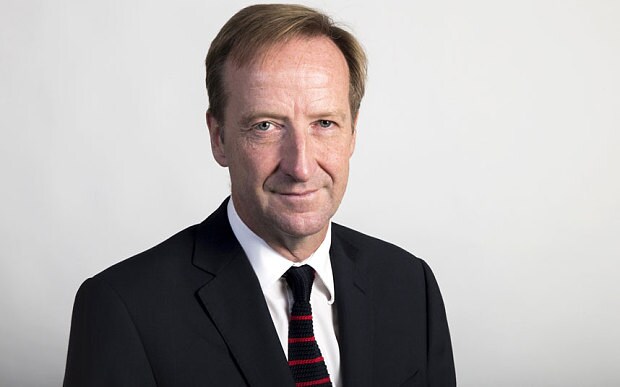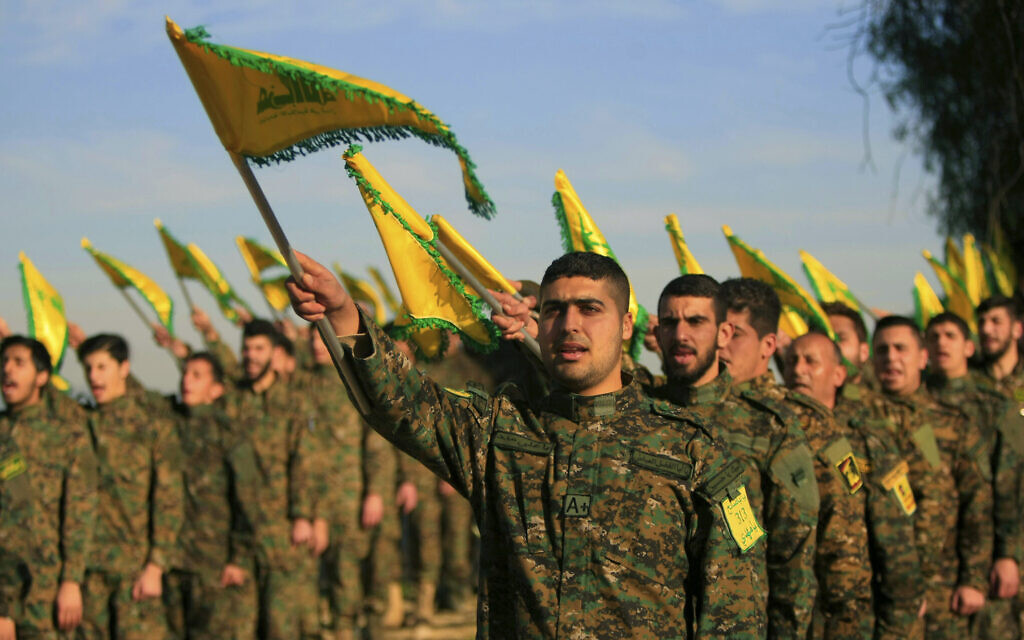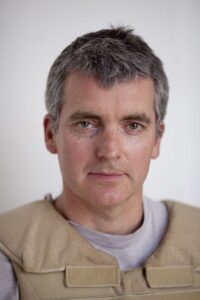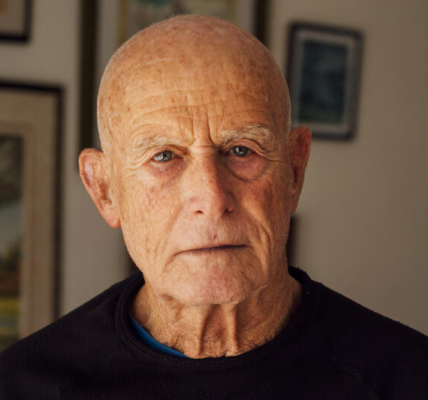
Israel is locked into a “shadow war” with Iran which could lead to a widening regional war in the Middle East, a former head of MI6 has revealed.
Sir Alex Younger, the former head of Britain’s Secret Intelligence Service, also said that Iran’s foreign policy was built around destabilising the Middle East for both Israel and the United States.
Sir Alex, who was known as C while serving as the UK’s top spy, added, however, that he personally believed that a wider war was unlikely because Iran wanted to keep the pot “simmering, not boiling”.
The former spy chief made his comments to the BBC as part of the Today Programme podcast in the wake of Israel’s bombing of Iran’s embassy in Damascus. The precision Israel strike killed seven IRGC officers in Damascus, including Mohammad Reza Zahedi, the highest-ranking commander of the Iranian Revolutionary Guards Quds Force (IRGC-QF) in Lebanon and Syria, and his deputy, Mohammad Hadi Haji Rahimi.
Sir Alex said Israel’s “audacious” decision to attack the embassy was based on the calculation that Iran would not strike back. But he added that although he agreed with that assessment, he warned that “these issues are riven with the possibility of miscalculation”.
He said: “There is a deepening and increasingly vicious shadow war taking place specifically between Iran and Israel. I think Iran has constructed a pretty effective foreign policy of creating and then arming proxy groups from which it can claim, implausibly, a certain arms-length distance and to use those to destabilise the region for the United States and for Israel. “Ironically, I think the situation within Iran becomes weaker by the day but externally they are playing this, I think, in a way which gives them some satisfaction, keeping the pot simmering not boiling.
“When you look at the audacity of what took place in Damascus, it’s clear that a calculation has been made of some kind that Iran really doesn’t want the pot to boil over and that is bound to be tested. I think it is probably the correct assumption but I also know that these issues are riven with the possibility of miscalculation.
“In practice, Hezbollah will be reluctant to get involved because they’re a very potent weapon but a one-shot weapon and if Iran uses that weapon it won’t be able to do it twice and that would be its strategic deterrent exhausted.”

Meanwhile, Iran-backed Hezbollah has said it supports Iran’s right to “punish” Israel, and in televised address Seyyed Hassan Nasrallah, the secretary-general of Hezbollah, said the response was coming.
He said: “Be certain, be sure, that the Iranian response to the targeting of the consulate in Damascus is definitely coming against Israel.”
Israel has braced itself for the possibility of a retaliatory attack, cancelling leave for all combat units and mobilising more troops for air defence units.
Speaking to Israeli forces at an air base five days after the attack, Defence Minister Yoav Gallant said Israel was attacking enemies wherever it decided to do so.
“It could be in Damascus and it could be in Beirut,” he said. “The enemy is badly hit in all places and is therefore looking for ways to respond. We are ready with a multi-layered defence.”
Until now, Iran has avoided directly entering the fray, while supporting a slew of attacks on Israeli and U.S. targets by its allies across the region in Lebanon, Syria, Yemen and Iraq.
Hezbollah, as well as its ally Amal and Palestinian groups based in Lebanon, have been trading fire with Israel across Lebanon’s southern border since Oct. 8.

















































































































































































































































































